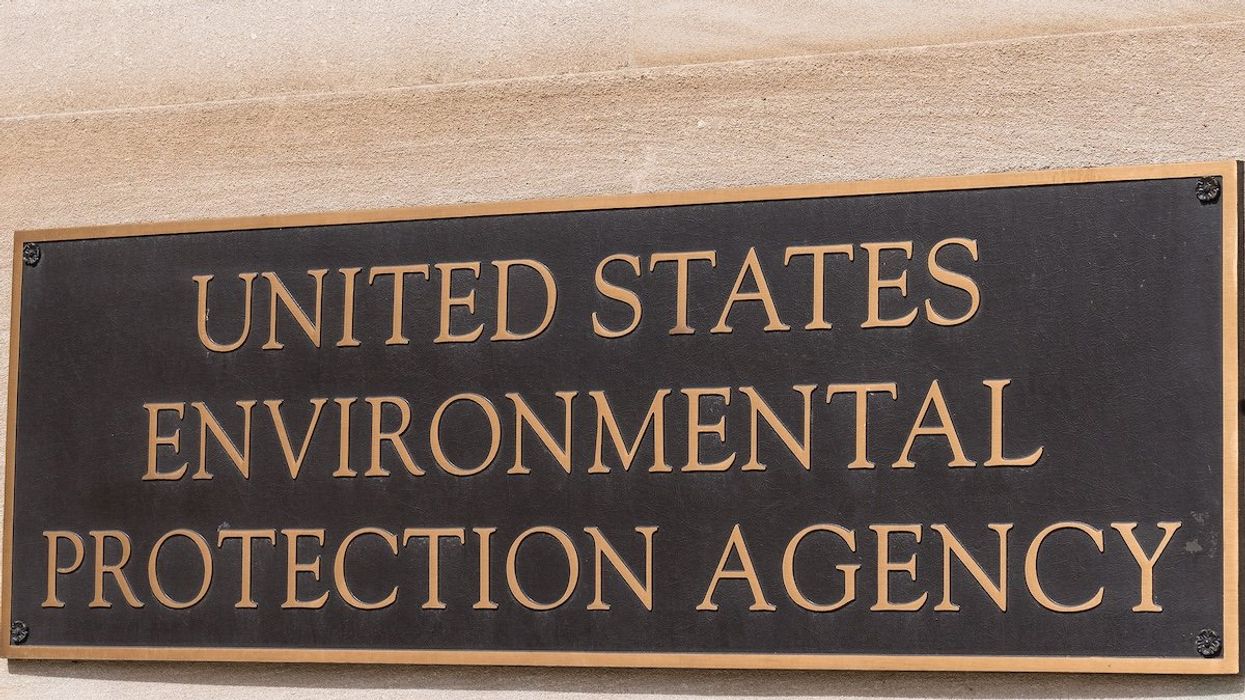Sunscreen chemicals, widely used to block UV rays, may contribute to coral bleaching, fish infertility and broader marine pollution, prompting scientists to call for urgent research.
Mariam Amini reports for The Guardian.
In short:
- A new review highlights that UV-filtering chemicals in sunscreen, classified as pseudo persistent pollutants, are accumulating in marine environments, including remote regions like Antarctica.
- An estimated 6,000-14,000 tonnes of UV filters enter coral reef zones annually, with chemicals like benzophenone-3 under investigation for potential hormone-disrupting effects.
- Wastewater treatment processes fail to fully remove these pollutants, allowing them to spread through agricultural runoff and recycled water used in soil fertilization.
Key quote:
"Current research has only scratched the surface of understanding how these chemicals can affect marine life."
— Anneliese Hodge, study lead author and PhD researcher at Plymouth Marine Laboratory and the University of Plymouth
Why this matters:
Sunscreen pollution is a growing but often overlooked environmental issue. As sunscreen washes off swimmers or enters waterways through wastewater, its chemical compounds persist in the ocean, affecting ecosystems far beyond tourist destinations. Coral reefs, which support vast marine biodiversity, are particularly vulnerable to UV-filtering chemicals that can disrupt reproduction and cause deformities. Some compounds, like benzophenones, are under scrutiny for their potential hormone-disrupting effects in wildlife and humans. As sunscreen sales rise, scientists warn that without further study, these chemicals could have long-term consequences for ocean health and the food chain.
Related: The chemical BPA is widespread on beaches around the world














